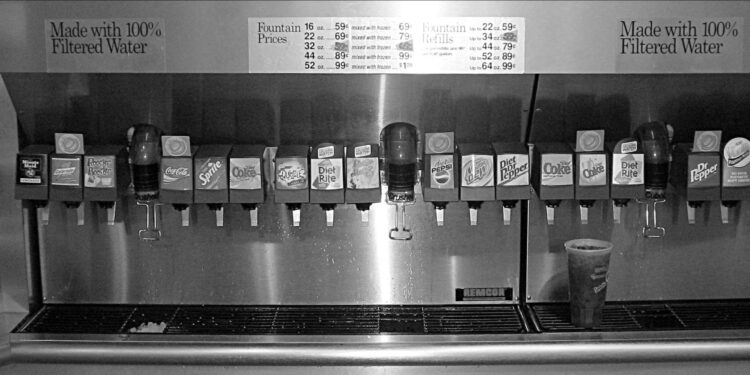Take Philadelphia, one of the first major U.S. cities to adopt a soda tax in 2017. The idea was simple: tax sugary drinks and use that revenue to fund early childhood education. For a while, it seemed like a clever solution—revenue from the tax helped open preschool seats and fund staff, all while reducing sugar consumption. But just like every sin tax meant to discourage consumption, the more successful it is, the more revenue falls off. By 2023, Philly’s soda tax brought in $2 million less than the year before, and that shortfall meant fewer kids in preschool than the city had promised.
Philadelphia isn’t alone. Seattle’s soda tax revenue has dropped steadily, from $23 million in 2018 to about $20.7 million today. Boulder, Colorado is seeing the same pattern. And all these cities now face a hard question: how do you pay for programs once the well runs dry?
This isn’t just an academic problem. Cities have become dependent on soda tax revenue for everything from food banks to early childhood programs. That was always risky; if people buy less soda, the money dries up—and city leaders are left scrambling to cover the shortfall.
In response, supporters say soda taxes are more about public health than raising revenue. And on that front, there is some good news. A recent study found that soda taxes in five cities led to a 33% drop in purchases of sugary drinks. That’s good news, but it’s bad policy to fund big-ticket, long-term programs with revenues that you’re also hoping will dwindle.
Are soda taxes sustainable? California voters in Berkeley and Santa Cruz are about to decide that for themselves. Berkeley, the first city to impose a soda tax, will vote in November on whether to extend the tax beyond its 2027 expiration date. Santa Cruz is debating a new soda tax that could bring in $1.3 million for parks, beaches, and wellness programs.
But for every city like Berkeley eager to tax soda, there’s a backlash waiting in the wings. The beverage industry is quick to call these taxes regressive. They’re not entirely wrong. Soda taxes hit lower-income residents harder, as they spend a bigger share of their income on cheap, sugary drinks. Even if the goal is to nudge people toward healthier choices, the tax structure leaves low-income communities footing the bill. This is exactly the kind of unintended consequence that policy advocates like to gloss over.
Cities can’t keep pretending soda taxes are a reliable revenue stream for essential programs. Eventually, the revenue will decline, and cities need a plan for what comes next. Cities could stop earmarking soda tax dollars for specific programs and instead funnel that revenue into general funds. That allows cities to achieve the public health goals they’re after without tying critical programs to a tax that was never designed to last. But I suspect it’s the earmarking that makes such measures palatable to voters.
Soda taxes are a classic example of a policy that looks good on paper but is riddled with long-term problems. As is too often the case, lower-income consumers are left holding the bag.









